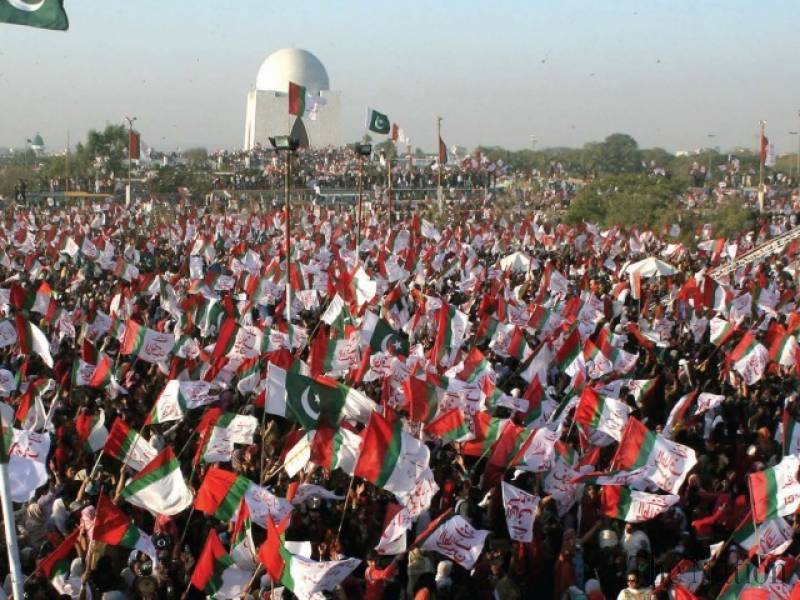The afternoon of October 22, 2016 will be reckoned by history as one of our darkest hours. This day, the self-exiled leader of a popular political party, addressed his workers on telephone, revealing his animosity towards Pakistan. Not only were anti Pakistan slogans raised on the occasion, but party workers were ordered to attack a media house, where large-scale damage was inflicted.
All this happened while the police stood by offering, what appeared to be a token response. The nation watched with bated breath, expecting to see the speedy arrival of Rangers, who inexplicably enough did come, but after the rampage had almost run its course. According to some unconfirmed sources, the late response by Ranger’s was a result of dithering by the Federal and Provincial Governments. The same sources say that it was the Army Chief, who rose to the occasion once more and ordered DG Rangers to take immediate action and arrest culprits without any exception.
On the political stage, a number of MQM leaders disassociated themselves with the Party’s top leadership and some even hinted at joining Mustafa Kamal’s breakaway faction known as ‘Pak Sarzameen Party’ (PSP). For all apparent purposes, the MQM Chief in London made his gravest error inflicting irreparable damage to himself and his (more than three decades of) association with the party he had founded. Reports also indicate that the Pakistan Government has officially contacted its British counterpart, demanding that action be taken against him, for anti-Pakistan activities.
The next few days will however clear the ‘fog’ and reveal, what may be momentous political changes in our domestic scenario. One of these changes was immediately apparent on the day after the violence, when in sharp contrast to previous occasions, where businesses and transport remained suspended out of apprehension, shops and schools opened as usual and life returned to normal.
A press conference addressed by party leadership in Karachi did nothing to provide answers. On the contrary, interaction with media produced more ambiguity, raising questions on whether there would be real change in the party’s command articulation. Ambiguity was further compounded by statements coming from London, which said that no such change had been intended nor anything said to the effect in the press conference. It is now up to the leaders of this party to clarify their position before an angry and concerned nation, which wants to hear the truth.
One of the first real indicators of where MQM now stands on the political scale will have manifested itself during the election for Mayor Karachi, the result of which will be public as this piece goes to print. Political pundits are of the opinion that the laurels in this test will perhaps go to PPP instead of MQM, as previously predicted.
Whatever be the case, there can be no doubt that MQM is likely to remain relevant in the urban politics of Sindh, but this relevance may be considerably reduced because of what happened on August 22. While the party is desperately trying to distance itself from London and doing damage control, it would nonetheless be interesting to see how PSP benefits from the prevailing scenario.
Whether the current situation faced by MQM is a windfall for Mr. Mustafa Kamal’s PSP is a moot point, considering the fact that MQM has on many occasions fallen and then recovered from adversity. The only difference in the current crises is the fact that allegations made by Mr. Kamal were reinforced by none other than those against whom these allegations had been made. The wave of anger engulfing the people may also have opened multiple opportunities for PSP Leadership. These may include swelling of Party ranks and a resultant increase in political power.
There is also rising opinion that ongoing events should have served to strengthen the Federal Government’s case against the Sindh Government’s decision restricting extraordinary powers granted to Rangers. It is for the effected Chief Minister to realise that lifting these curbs may perhaps be a necessity in larger national interest, no matter how undesirable it may be from political point of view.






